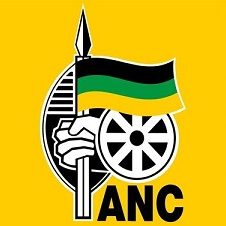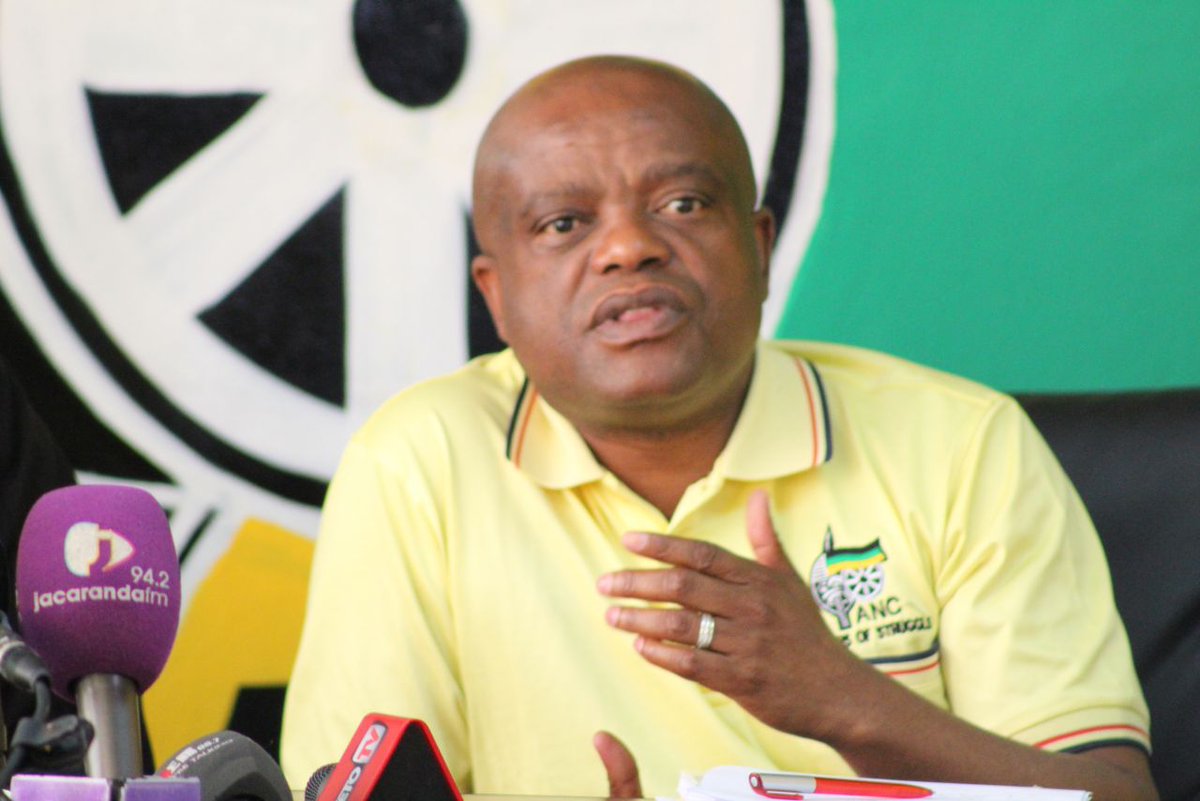Regional Secretary, Sello Enoch “Dada” Moreroa, once known as Dada Morero, is setting the record straight about who he is and starts by pointing out that his surname is Moreroa, as per his family in Limpopo. We asked him to talk about his journey in the ANC and to share what inspired his journey to liberate our people. Comrade Dada grew up in Soweto at a time when it was occupied by the SADF. “All schools were monitored by the draconian law of Apartheid and I witnessed oppression”. Hailing from a working-class background, he saw the conditions experienced by his parents.
His first Cosas meeting saw him recruit many Soweto students
Inspired by the liberation songs he used to sing at Phefeni Secondary School motivated him to look for Cosas. “It was not difficult to find Cosas – because Cosas was everywhere, and I found it by walking home during the winter school holidays.” Comrade Neo Moshe of Cosas Orlando West Branch approached and ask if him If he would like to come to a meeting.
Q&A
Comrade Dada Morero
When Comrade Neo arrived, he asked Comrade Dada to change out of his political clothes. “I did not understand why because as comrades, we should be dressed in political regalia. It got worse when we arrived at the shops in Phomolong, next to Uncle Tom’s hall”.
It was a great experience and he was asked to recruit students who attended:
- Daliwonga High School
- Orlando West High (Matseke)
- Mncube High School
- Anchor High School
- Emadwaleni High School
- Phefeni Secondary School (Phessescho) – where he was a student.
Shout-out to those who influenced Comrade Dada
Pausing, Comrade Dada says resolutely, “I would be making a gross political mistake if I do not acknowledge the following comrades who had played a central and pivotal role in my political journey. They include Mbali Sheri, Victor Hlongwane, the late Mama Virginia Mthethwa, Mma Nhlapo, Sisi Dudu Maseko (women of Fedtraw), Veli Mnyandu, Comrade Bra Walter Mahlatsi of CCAWUZA who also played a role in developing my class conciseness, Comrade Parks Tau, and Lebelo Maloka, the late Sphiwe Khunou, and the late Veli Lali.”
Respect, commitment, and discipline are his values What are the lessons and values he learnt as a young activist that remain useful to him today? “One of the important values is comradeship and the understanding that we have a responsibility to look after and support each other.
The respect of your comrades was very important to me and at that time, this included sharing little resources we had. Commitment and discipline were very important and got me to where I am today.”
Free education and liberating the oppressed is his mission What are the lessons and values he learnt as a young activist that remain useful to him today? “One of the important values is comradeship and the understanding that
- What inspired your journey into cadership?
My journey into the struggle was inspired by an incident that took place when I was 13 years in High School. In February 1997, the government came to my school to launch and educate us about the constitution. This was an Afrikaans and predominantly boys’ technical high school. I was asked to join the group of white boys and girls so that “the picture looked, representative”. It is then that I became inquisitive and started reading about the history of the country in the context of racial discrimination and representation. I realised that the Constitution was a good document but what my classmates and I were experiencing, was contrary to what was prescribed particularly in the Bill of Rights. It was at this point that I was interested in knowing how to bring about change.
At the age of 16 while at the same high school, I was also inspired by the then President of the African National Congress Youth League (ANCYL), Cde Malusi Gigaba who had come to visit the Eastern Cape. On that day, I decided to join the ANCYL and assisted to mobilize for the ANCYL in the suburb of Gonubie in East London. Lastly, during my tertiary studies at the Technikon of Witwatersrand (University of Johannesburg), I formed part of the Student Representative Council (SRC) where I served two terms as a campus coordinator to champion the interests of students within the institution, to ensure policies of the institution were transformational and bias to students from previously disadvantaged backgrounds. This was through deployment by the South African Student Congress (SASCO).
- What are some of the lessons and values you have learnt as a young activist that remain useful to you, to this day? As a young activist, one of my values is the pursuit of justice for those that are vulnerable, women, and children.

